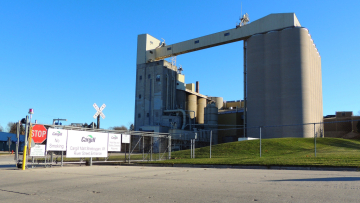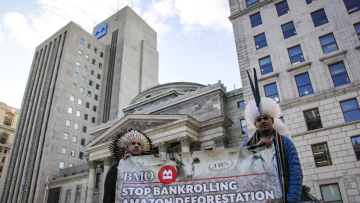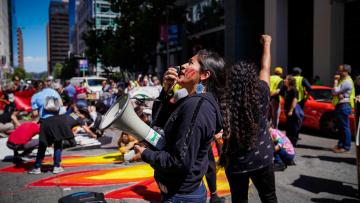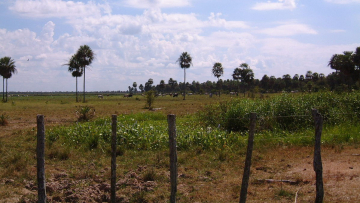Still butchering the planet
Martin Bowman,
Senior Policy and Campaigns Manager, Feedback Global
Martin@feedbackglobal.org
T: +44 (0) 2030518633
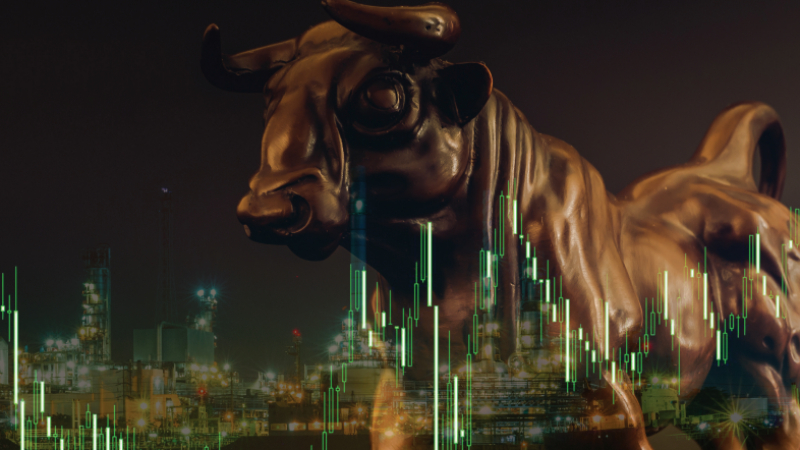
Martin Bowman,
Senior Policy and Campaigns Manager, Feedback Global
Martin@feedbackglobal.org
T: +44 (0) 2030518633
A new report ‘Still Butchering the Planet’, released today by environmental organisation Feedback, finds that since the Paris Agreement was signed, over half a trillion dollars in credit have been provided globally to the world’s largest 55 industrial livestock companies (1) - $615.0 billion between 2015-22 - fuelling the expansion of global meat and dairy production. This is equivalent to $76.9 billion per year between 2015-22 provided by the world’s private financial institutions.
The report calls for financial institutions to stop all new financing to industrial livestock corporations. It also demands tighter regulation of the finance industry to stop it from financing polluting companies, taxing big livestock companies, requiring their financiers to pay reparations to affected communities, and instituting policies to incentivise a just transition to lower meat production and consumption, such as subsidy reform.

Source: "Still butchering the planet" report, Feedback 2024
Key findings:
- In the four years between 2019-22, there was an overall 15% increase in finance to the 55 big livestock companies compared to 2015-18.
- The biggest creditors to the top 55 big livestock companies were: Bank of America ($28.8 billion), Barclays ($28.2 billion) and JPMorgan Chase ($26.7 billion).
- Between 2015-22, Barclays was the largest global creditor to JBS, Morgan Stanley was the largest global creditor to Tyson Foods, and BNP Paribas was the largest global creditor to Cargill.
- As of March 2023, a total of $287.8 billion in shareholdings and $35.5 billion in bond holdings were held by financial institutions in the world’s largest 55 big livestock companies, with the top investors being: BlackRock ($37.8 billion), Vanguard ($24.4 billion) and Capital Group ($21.4 billion).
- Between 2015-22, the biggest global underwriter of bond issuances to the 55 big livestock companies was HSBC ($11.6 billion), the biggest provider of corporate loans was Rabobank ($5.7 billion), the biggest provider of revolving credit facilities was Bank of America ($15.7 billion), and the biggest underwriter of share issuances was China Merchants Bank ($4.4 billion).
- Just five of the 55 companies – JBS, Marfrig, Cargill, Tyson Foods, and Minerva – combined cause an estimated 595 million tonnes of CO2-equivalent greenhouse gas emissions per year, more than the total emissions of the UK and Ireland. The proportion of company revenue that comes from animal protein is 91% for JBS, 95% for Tyson Foods, 99% for Marfrig, and 100% for Minerva. None of these big livestock companies have plans to significantly reduce their meat production or processing – instead, many plan significant growth.

Source: "Still butchering the planet" report, Feedback 2024
Positive trends
Several large financial institutions already have policies of excluding big livestock companies – such as De Volksbank, the fourth largest banking group in the Netherlands which manages €37 billion in savings, which has a policy of avoiding investments in livestock farming because it involves problems in the areas of food security, climate change, biodiversity, health and human rights. Australian Ethical, which has US$5.4 billion in funds under management, has a policy of not investing in large-scale commercial animal agriculture.

